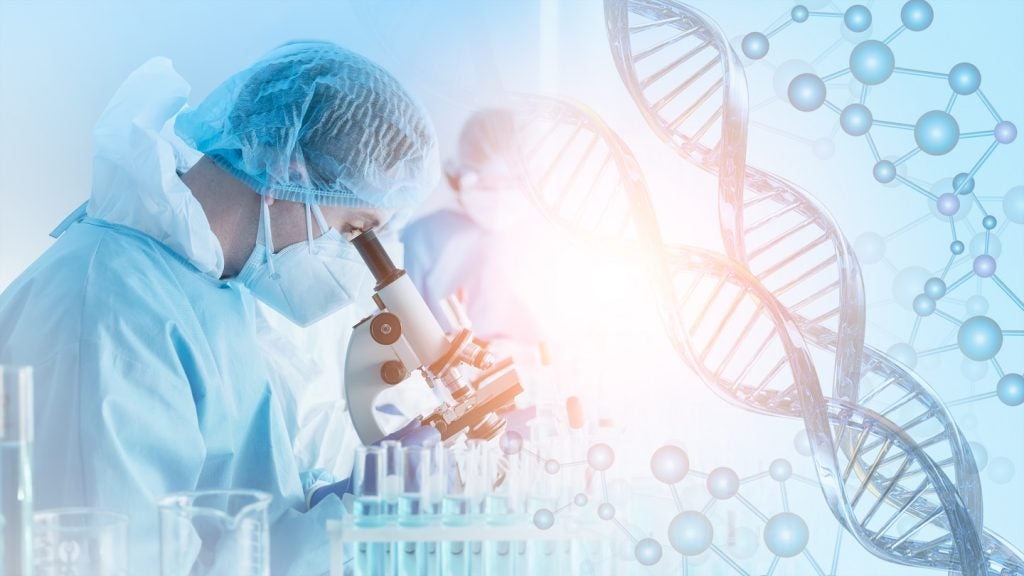
Researchers at Stanford University in the US have developed an electricity-free centrifuge to separate components in patient saliva samples for Covid-19 testing.
The innovation is expected to increase the accessibility of Covid-19 testing in poor regions of the world.
According to the reports, the Handyfuge device, which does not require electricity, spins sample-containing tubes at high speeds to separate the virus genome from patient saliva samples.
The device uses a mechanical strategy similar to the Dyno-torch flashlights to deliver centrifugal force with a kinetic input from the user.
Furthermore, the cheap centrifuge costs less than $5 per unit and can be assembled using easily available components.
The centrifuge enables clinicians and scientists to conduct a quick and cheap diagnostic technique called the LAMP assay to detect the presence of the coronavirus genome in patient saliva samples.
How well do you really know your competitors?
Access the most comprehensive Company Profiles on the market, powered by GlobalData. Save hours of research. Gain competitive edge.

Thank you!
Your download email will arrive shortly
Not ready to buy yet? Download a free sample
We are confident about the unique quality of our Company Profiles. However, we want you to make the most beneficial decision for your business, so we offer a free sample that you can download by submitting the below form
By GlobalDataThe assay does not require specialised equipment and can deliver results in less than an hour. It costs approximately $1 per reaction, using commercial reagents.
However, output in diagnostic methods is likely to vary based on viral genome detection in saliva samples.
The scientists said: “Centrifugation to separate the reaction inhibitors from the inactivated sample was shown to be an effective way to ensure reliable LAMP amplification.”
According to the scientists, the Handyfuge, combined with the assay from Cepko and Rabe, works reliably in detecting synthetic Covid-19 RNA down to 10-100 copies per microlitres in saliva.
They are reportedly planning to test the assay and Handyfuge in field settings to validate it.




